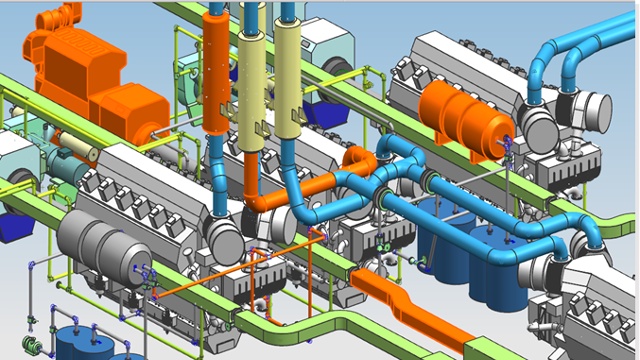In the expansive realm of energy transportation and infrastructure development, the significance of pipeline engineering courses cannot be overstated. These specialized courses serve as compasses, guiding aspiring engineers and industry professionals through the intricacies of designing, constructing, and maintaining the vital networks that traverse the modern landscape.
This article delves into the importance of pipeline engineering courses, highlighting their key components, industry relevance, and the transformative impact they have on shaping skilled professionals in this critical field.
- Meeting the Demands of a Growing Industry:
As global energy demands surge, so does the need for a robust and efficient pipeline infrastructure. Pipeline engineering courses emerge as the response to this demand, equipping individuals with the knowledge and skills required to navigate the challenges of this specialized field. These courses cater to a diverse audience, including recent graduates, seasoned engineers, and industry professionals seeking to deepen their expertise.
- Key Components of Pipeline Engineering Courses:
a. Fundamentals of Pipeline Design: Pipeline engineering courses typically commence with a comprehensive exploration of the fundamental principles of pipeline design. Topics such as fluid mechanics, materials selection, and stress analysis form the bedrock, ensuring participants develop a solid understanding of the engineering principles crucial for designing safe and efficient pipelines.
b. Construction and Project Management: Successful pipeline projects demand effective project management. Pipeline engineering courses often integrate modules on construction methodologies, project planning, and risk management. These components ensure that professionals are equipped to oversee projects from inception to completion with a focus on efficiency and safety.
c. Pipeline Integrity and Maintenance: Ensuring the longevity and reliability of pipelines is a priority. Pipeline engineering courses delve into corrosion prevention, inspection techniques, and maintenance strategies. Professionals learn how to address challenges related to aging infrastructure, environmental factors, and the overall integrity of the pipeline network.
d. Regulatory Compliance: Adherence to industry regulations and standards is paramount in pipeline engineering. Courses provide insights into the regulatory landscape, safety standards, and environmental considerations, ensuring that professionals design and operate pipelines in compliance with legal requirements.
- Online and On-site Learning Opportunities:
Pipeline engineering courses offer flexibility through various delivery formats, including online and on-site options. Online courses provide accessibility for professionals worldwide, allowing them to enhance their skills without geographical constraints. On-site courses, on the other hand, may offer hands-on experiences and networking opportunities, fostering a more immersive learning environment.
- Industry-Relevant Software and Tools:
Pipeline engineering courses often incorporate training on industry-specific software and tools. Familiarity with software like AutoPIPE, Caesar II, and GIS (Geographic Information System) enhances the practical skills of professionals. These tools are integral to the design, analysis, and management of pipelines in real-world scenarios.
- Certification and Continuing Education:
Many pipeline engineering courses offer certification upon completion, validating the participant's expertise in the field. Given the dynamic nature of pipeline engineering, with constant advancements in technology and industry practices, continuing education becomes essential. Professionals often engage in ongoing learning to stay abreast of the latest developments in pipeline technology.
- Industry Collaboration and Networking:
Pipeline engineering courses provide a platform for industry collaboration and networking. Participants have the opportunity to connect with experienced professionals, share insights, and gain exposure to real-world challenges. This collaborative environment enriches the learning experience and prepares individuals for the complexities of the industry.
Conclusion:
Pipeline engineering courses play a pivotal role in shaping the future of energy and infrastructure by cultivating a skilled workforce equipped to address the challenges of pipeline design and management. As the demand for energy continues to rise, these courses provide a navigational compass for individuals to contribute meaningfully to the development and maintenance of the intricate pipeline networks that sustain our modern way of life.


No comments yet